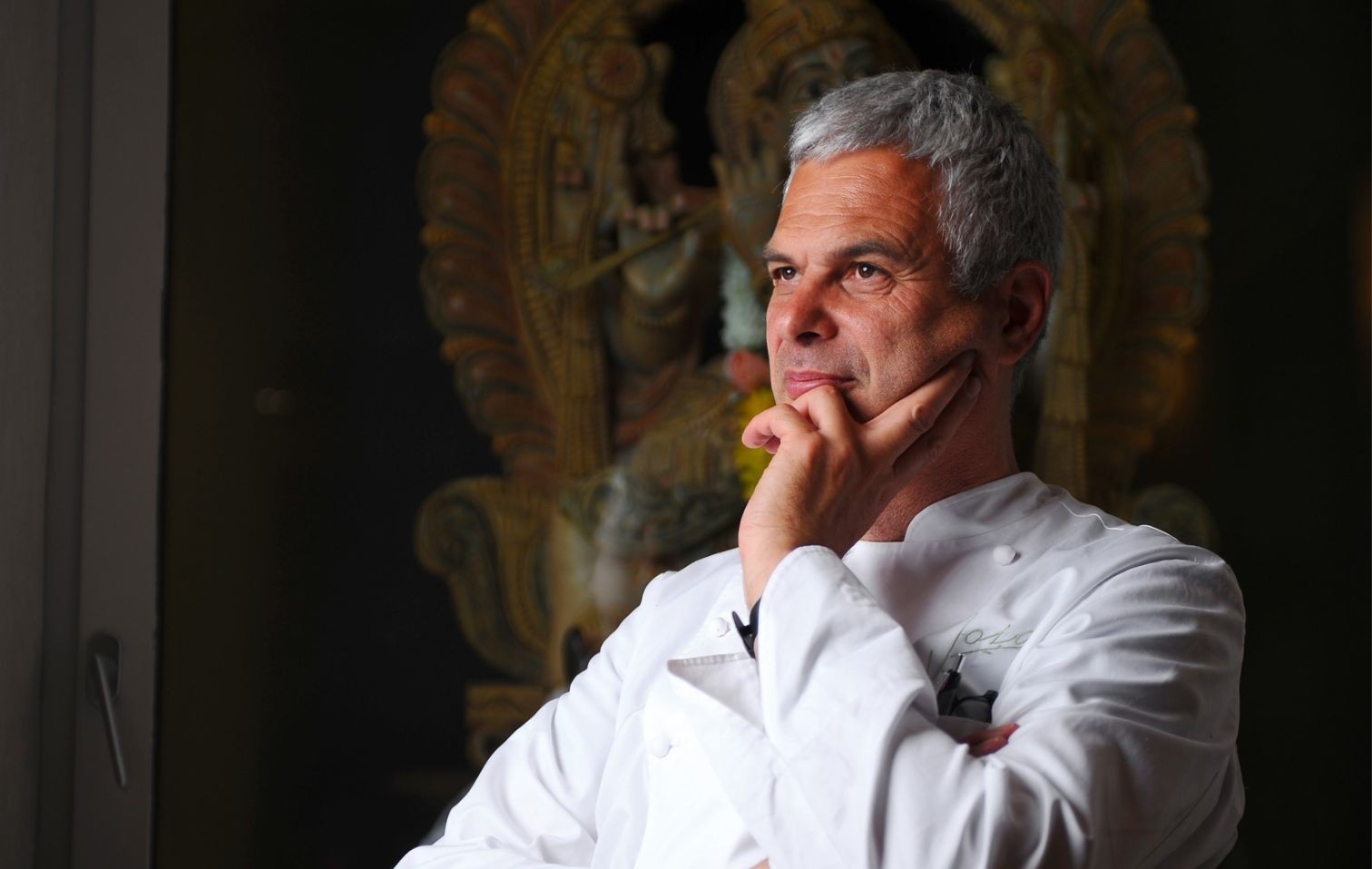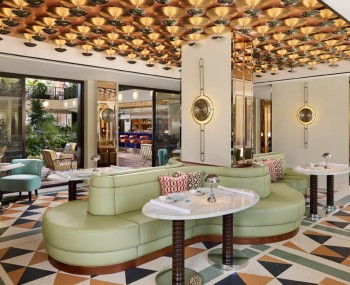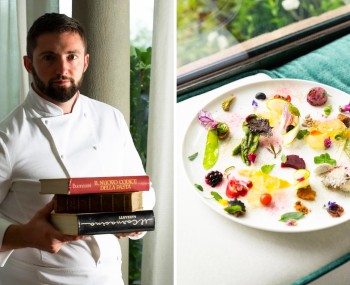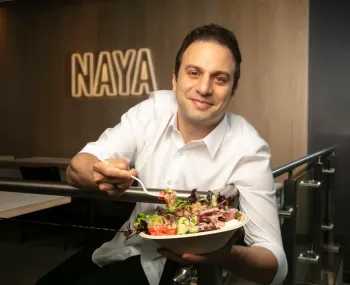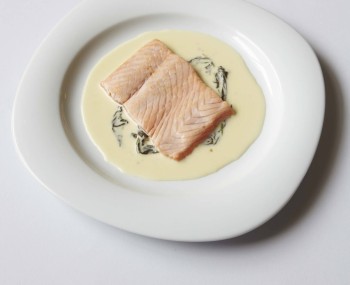A gourmet vegetarian restaurant offering creative, artistic cuisine that emphasizes quality and the micro-seasonality of ingredients, drawing inspiration from Zen philosophy and Ayurvedic traditions. Joia aims to provide guests with a gustatory experience that nourishes not only the body but also the soul.
The story
Joia opened in Milan in 1989, when Chef Pietro Leemann, along with a group of friends (Raimondo Boggia, Nilde Rivosecchi, Anna Borrella, Laura Ermentini, Alberto De Martini, Luca Mortara, and Nicla Nardi), decided to establish their own restaurant. This culinary endeavor was characterized by a blend of tradition and foresight, resulting in the first vegetarian fine dining establishment in the West. Joia achieved another milestone by becoming the first vegetarian restaurant in Europe to earn a Michelin star in 1996.
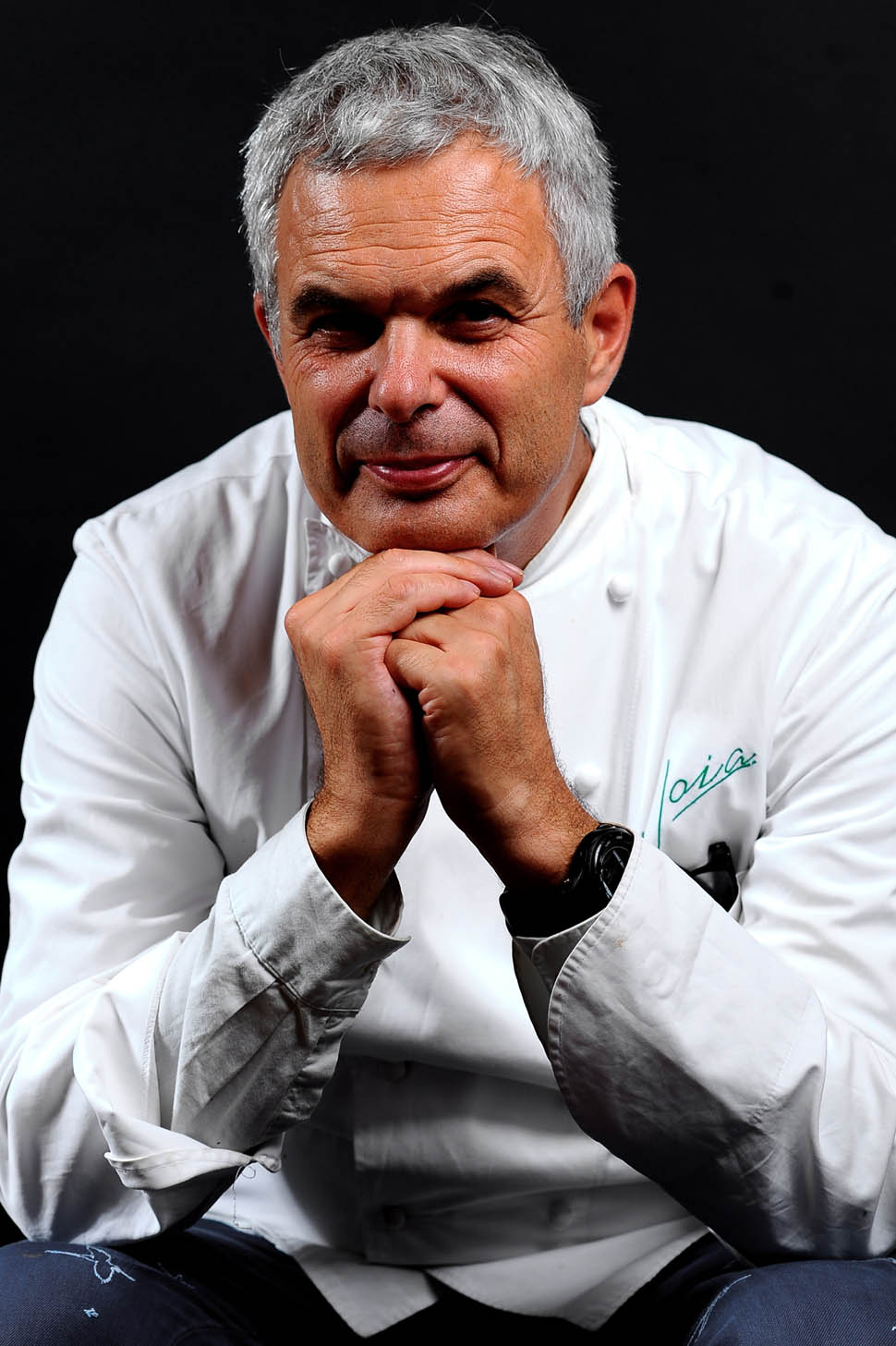
The name of the restaurant, Joia, reflects a manifesto of spreading the message of plant-based, healthy, and sustainable cuisine. It symbolizes a language that brings people, countries, cultures, ideas, and culinary traditions of the world together, celebrating diversity and enriching culinary experiences.
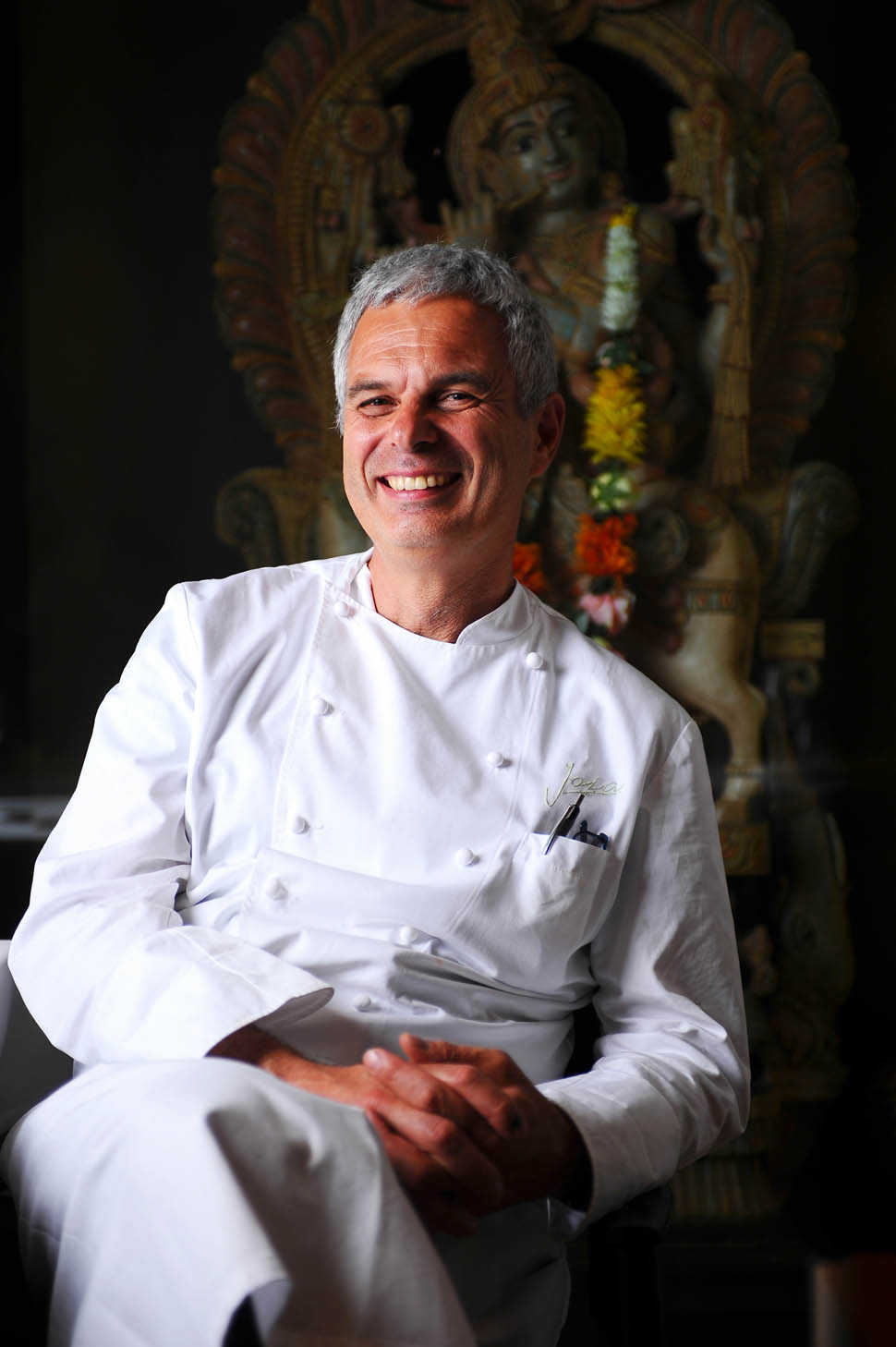
From this encounter arises and constantly renews, a cuisine born of journeys, explorations, and experiments, in which the pursuit of simplicity and the application of cutting-edge techniques coexist, a fusion inspiration dominated by the philosophy of "Zen in the Western style" (which draws from the Japanese Shojin school the concept of harmony and respect for ingredients), and a "Made in Italy" vocation, faithful to the tastes and products of the Mediterranean.
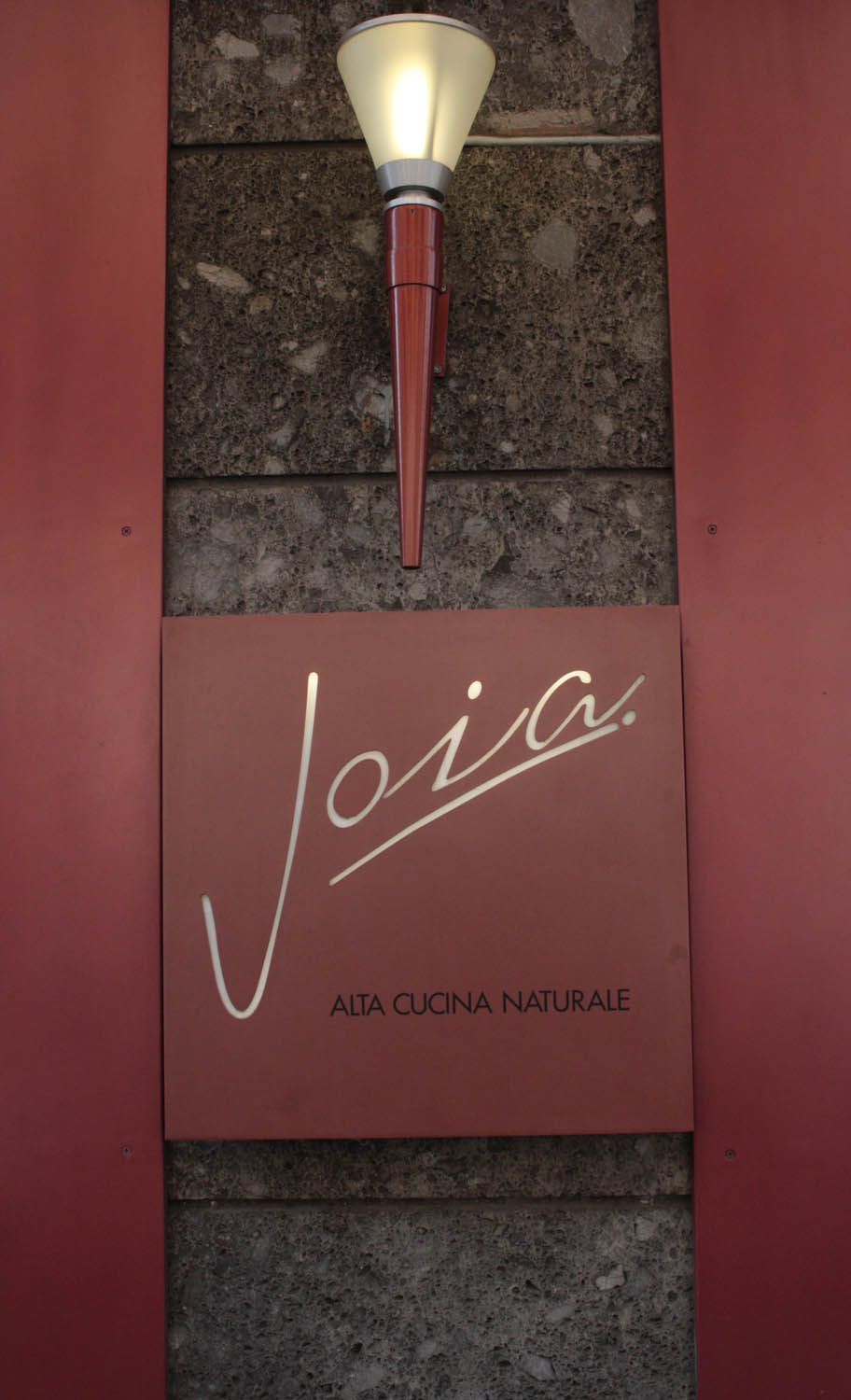
An ethical and "micro-seasonal" menu
For over 30 years, Joia's gastronomic offerings have revolved around refined and sustainable ingredients. Ingredients are chosen not only for their quality but also for their environmentally conscious and ethical production methods. Dishes are meticulously prepared using seasonal, organic ingredients sourced from synergistic or biodynamic gardens, supplied by trusted farmers who cultivate in harmony with the land's natural cycles, understanding without overpowering nature.
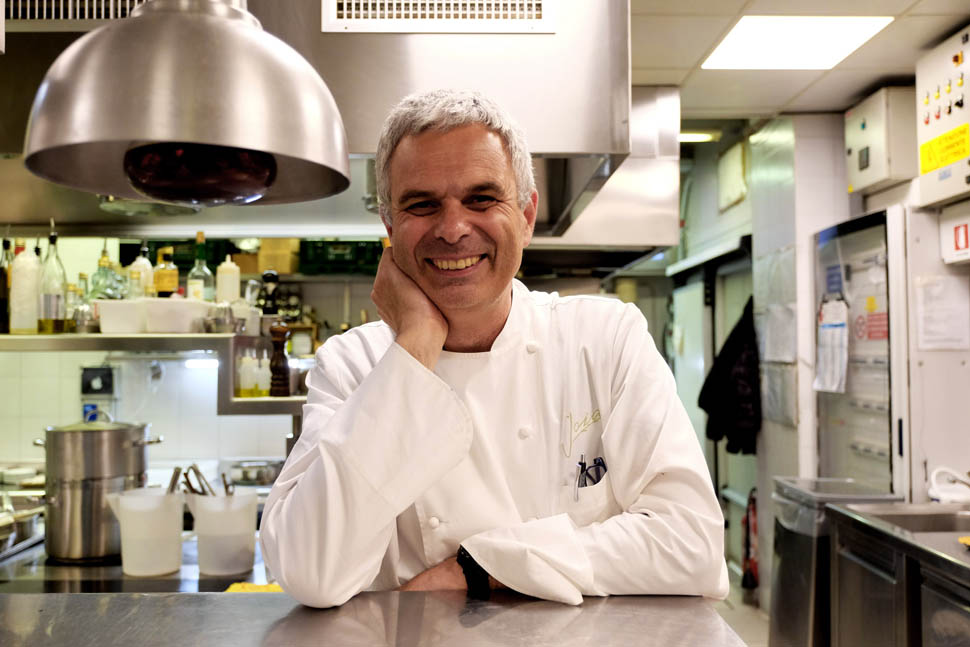
This approach results in a menu that evolves over four changes a year, in harmony with the "micro-seasonality" of ingredients. This ensures that every ingredient is utilized at its peak flavor and nutritional value. Each item on the menu, whether it's bread, pasta, plant-based cheeses, or desserts, is crafted entirely on-site, without resorting to pre-made or synthetic products, and with a strong focus on minimizing waste and utilizing every ingredient to the fullest in a circular culinary approach.
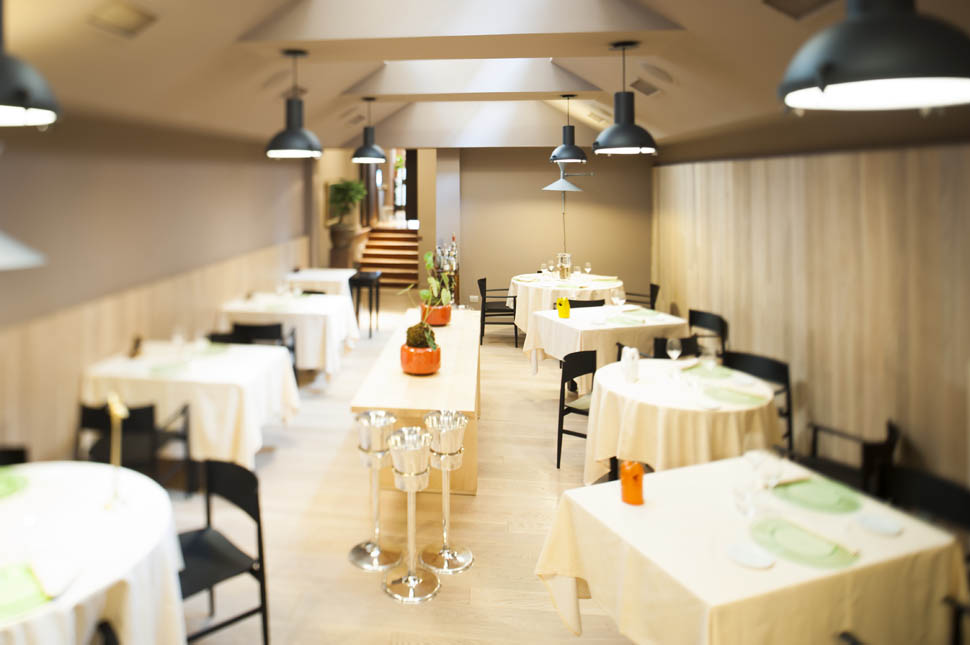
Cuisine as an artistic dialogue
If the menu, in the hands of the chef, is a score on which to make small and large harmonious modifications according to the gifts of Nature and spontaneous inspiration (triggered by specific events or the suggestion created by music, a landscape, a painting, or a creative thought), the dishes within it are conceived as true works of art; beautiful in form and content, original because they are designed to be something unique and unrepeatable, as well as created through a creative process that is never defined or predetermined.
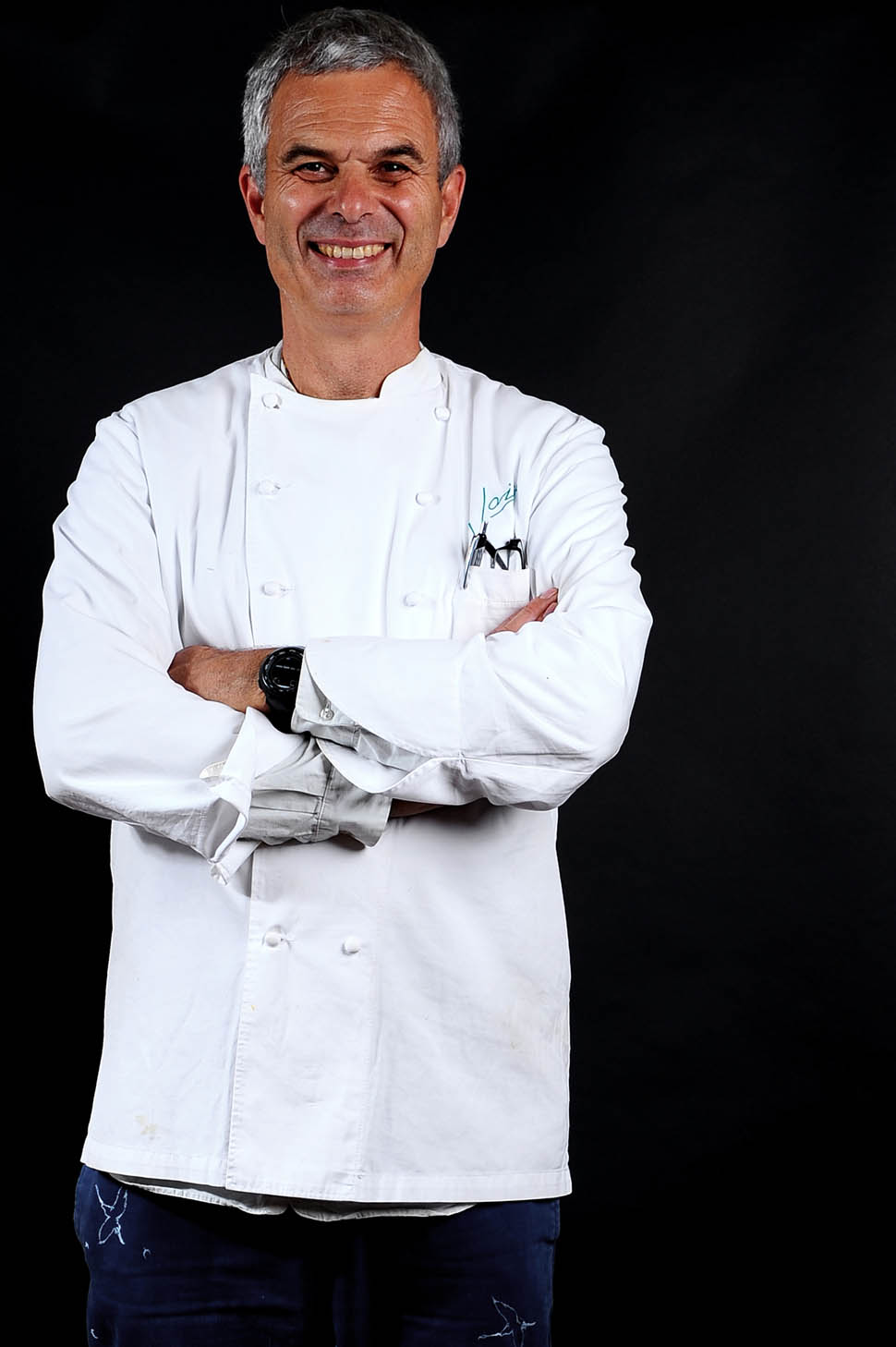
Each course doesn't represent a final destination but rather a milestone in an adventurous journey through the plant world, capable of surprising and seducing the senses, spirit, and thoughts, and evoking an age-old connection with Nature and thus with the most genuine part of oneself. Food thus becomes a testament to a higher dimension, where the act of eating isn't merely a primary necessity, but a cultural event, and everything surrounding it (from plating to color selection, from attention to service to background music) is coherent with the intent to broaden the notion of cuisine, engaging in dialogue with other forms of artistic expression.
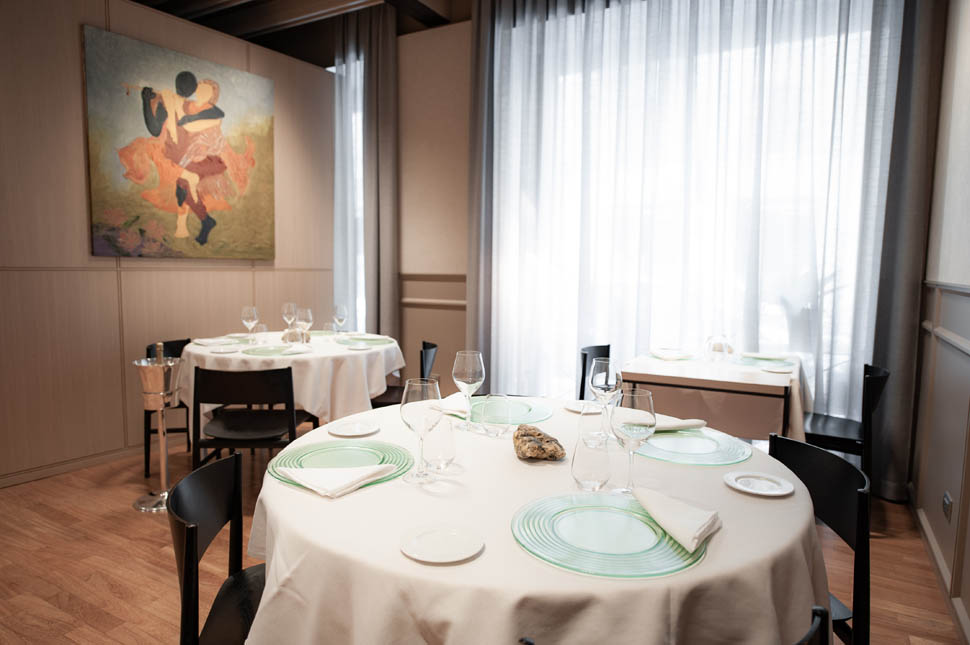
Pietro Leemann, the "alchemist" chef
At the heart of all this is Chef Leemann, the proprietor of the restaurant and an "alchemical cook," enamored with the transformation of food, understood as an analysis and comprehension of concrete reality, as well as an act of valorizing Nature, personal fulfillment, and self-representation. His cuisine is one of consciousness and dedication, conceived in his role as a conduit between food and the guest, but primarily based on the awareness that various aspects (nutritional, ethical, moral, and psychological) are connected to each ingredient. From these aspects depends its ability to nourish body, mind, and spirit collectively, to maintain human well-being, to renew the connection with one's essence (nourishing thoughts, memories, and emotions) and with that of Nature, and ultimately, to contribute to one's happiness.
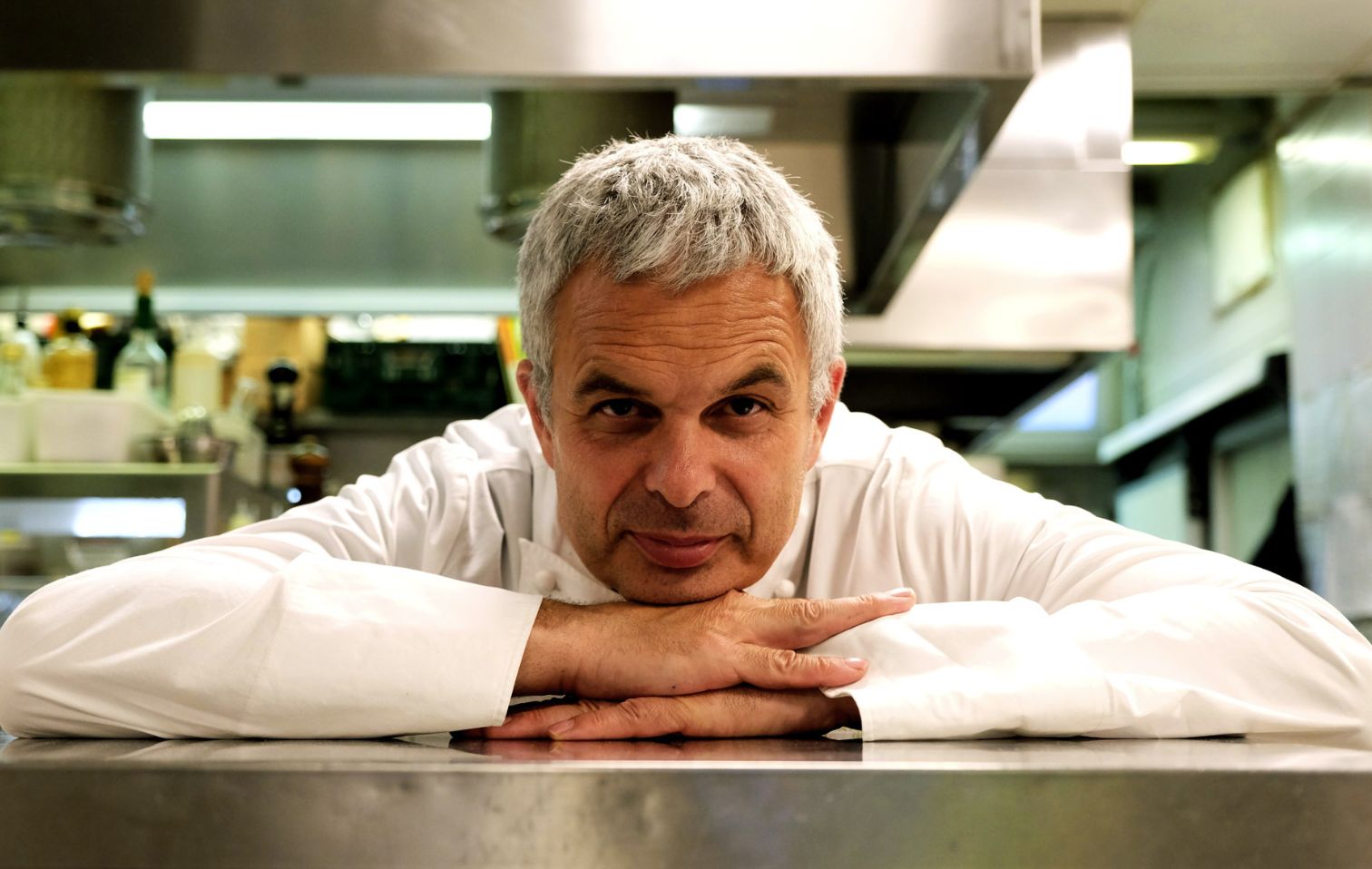
Thus, in his dishes, every ingredient is transformed to be more digestible, as well as more satisfying aesthetically and in terms of taste (preserving its essence in color, flavor, aroma, and texture). The courses are conceived as instruments for an exchange of energies among the raw materials, the chef working with them, and the guest.
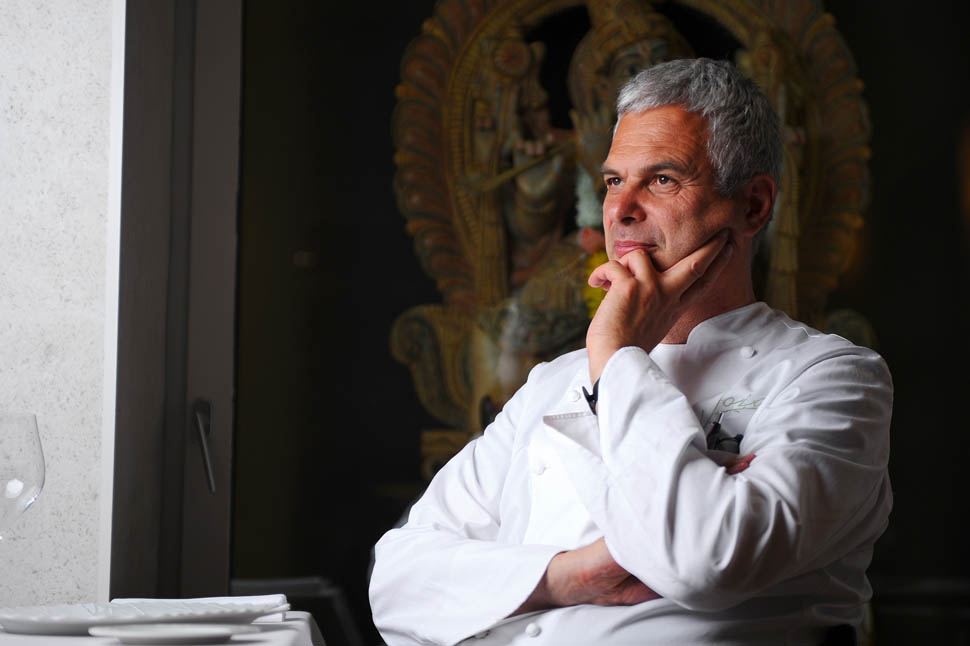
The restaurant: where Zen minimalism becomes welcoming
Everything at Joia is meticulously designed to transform the tasting experience into a true exploration, suspending time from the mundane and creating another context, distinct from the familiar. The space, curated by architect Marcello Marelli, invokes Eastern essence with an elegant and understated decor that is anything but cold or anonymous. Natural materials take center stage, with wood predominating, adorning walls up to half their height and extending to custom-made tables that harmoniously balance fullness and emptiness.
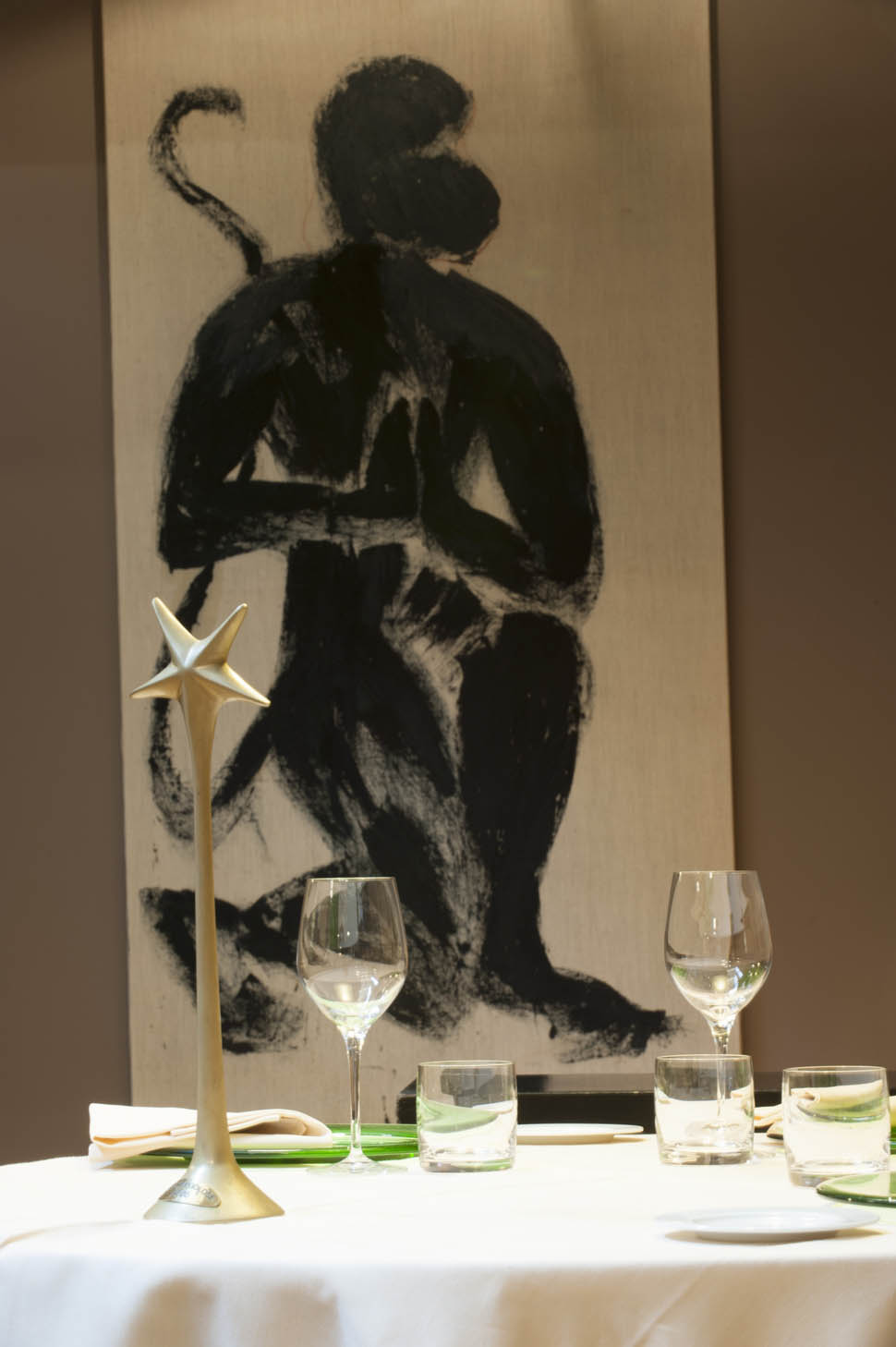
Concrete references to nature are further evident through vegetal elements, hanging canvases, and sizable quartz blocks enriching the minimalist mise en place—never lavish, despite the presence of fine china, silver cutlery, and crystal glasses. The soundscape, crafted by Bruno Dorella and Chef Leemann, fills the environment with "natural melodies": woodland sounds, animal calls, and instinctive evocations of pristine landscapes governed solely by the five elements. Lighting design (by Davide Groppi) also fosters a cozy and relaxed ambiance, reinforcing the guest's sense of being even more welcome than the already attentive, skilled, discreet, and genuinely warm service staff. In essence, from cuisine to decor, from service to ambiance, the result of a meal at Joia is a constant and fulfilling exchange of energies—natural and human, tangible and spiritual—which the guest carries with them even beyond the conclusion of the tasting experience.
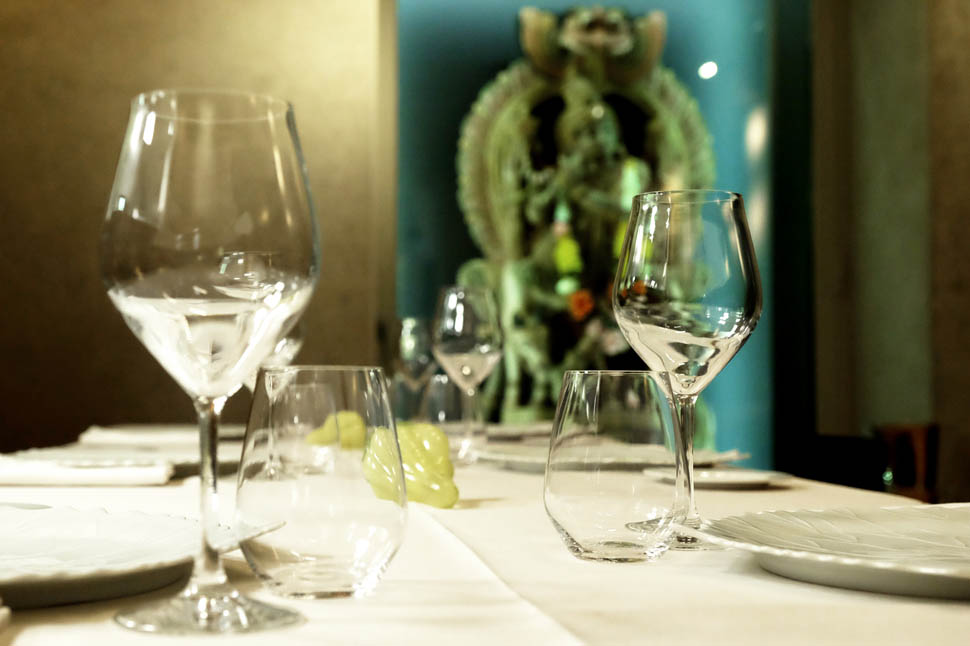
The dishes
Joia's summer menu, presented last June, aims to be, like its predecessors, a light stroll through a fantastical landscape—occasionally metaphysical and surreal, yet always concrete or sometimes even hyperrealistic. This is due to the clean and perfectly recognizable flavors of the dishes, crafted from a few well-known ingredients treated in a sophisticated and complex manner to extract and amplify their taste, showcasing their versatility in terms of texture, color, and aroma.
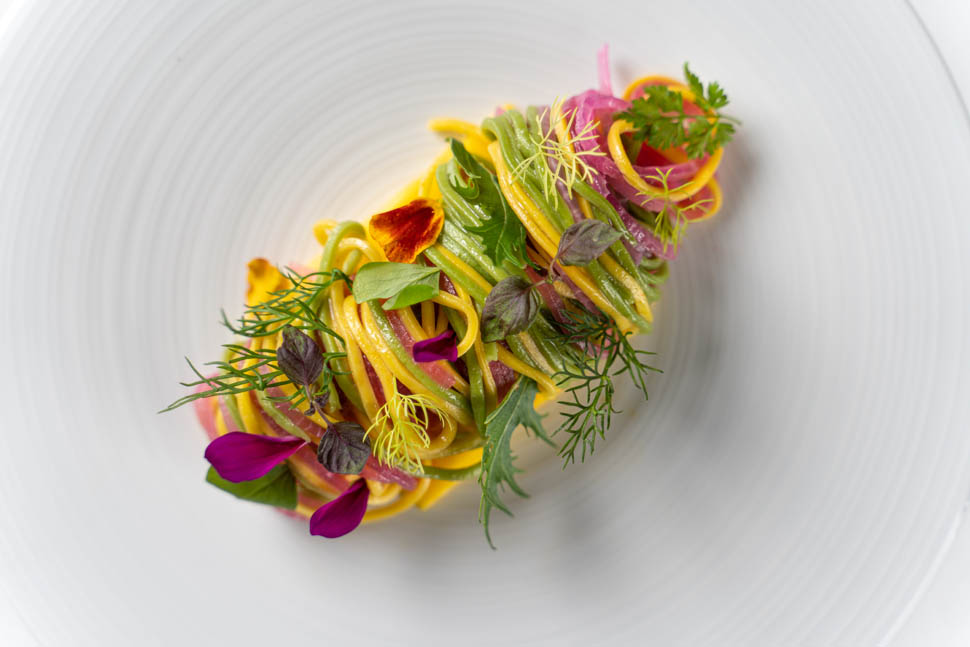
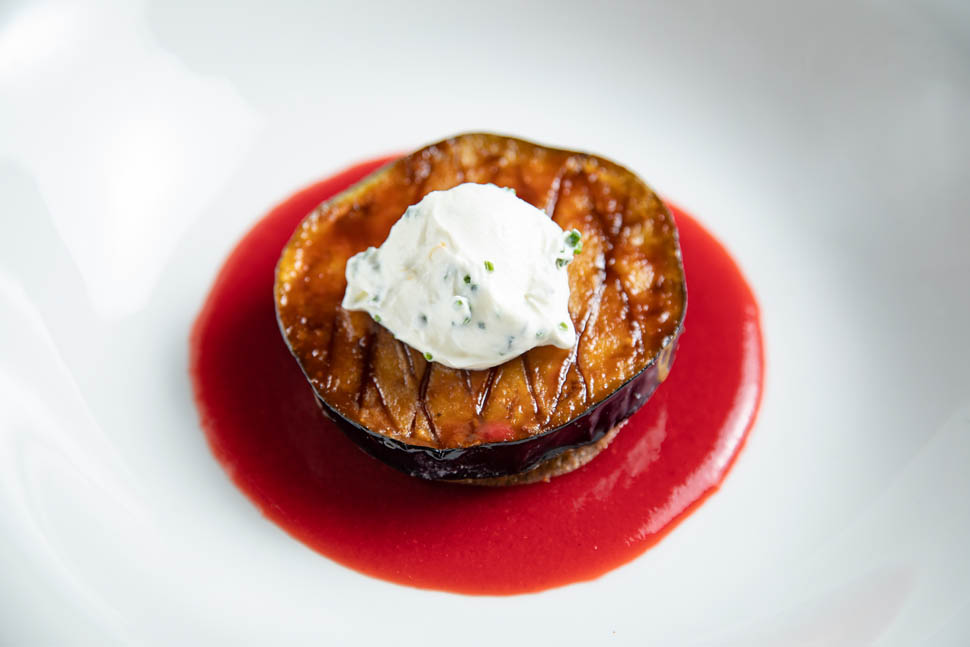
All of Joia's culinary creations (featured on the à la carte menu or in the two tasting courses, Zenith and L’Enfasi della Natura, with 8 and 6 courses respectively) carry poetic and evocative titles, meant to provoke the right attitude in the guest—to immerse themselves in the chef's offering and comprehend its meaning and essence: "Porto del sole" (Japanese eggplant tatin, corn and buckwheat biscuit, plum and ginger emulsion, chive quark), "Tempio nel tempo" (green celery caponata, skinless pepper, spring onion, "bella di Cerignola" cream, small flower and sprout salad), "Fratello sole" (melon and strawberry gazpacho, wasabi emulsion, 25-year-old balsamic vinegar, small sphere of avocado, strawberries, and red shiso), "L’ombelico del mondo" (saffron-infused and delicately smoked risotto, fresh beans and summer truffle, green sauce and blueberries)
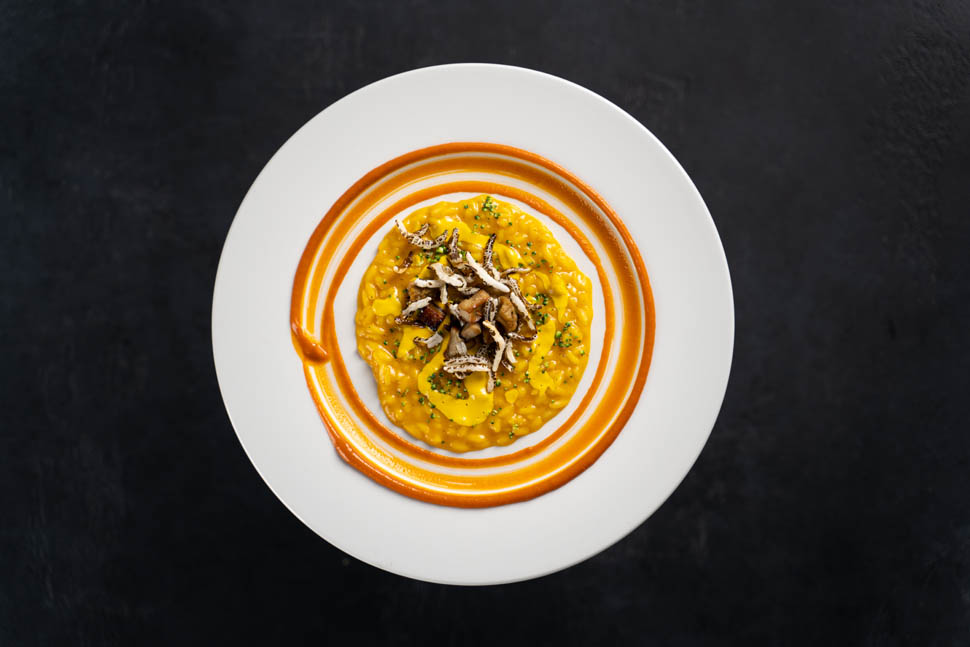

"L’estate e lo zen" (spelt pappardelle, roasted precious mushrooms and their dashi, marinated cucumber, confit tomato), "Nulla si crea, nulla si distrugge, tutto si trasforma" (grilled summer vegetables, old-fashioned potato and herb croquette, bell pepper and caper cream from Salina), "Due passi indietro e tre in avanti" (tempeh, friggitello pepper, and peach skewer, steam-cooked purple eggplant and Maghreb sauce), "Tributo alla tradizione" (two traditional cheeses plus a plant-based cheese, apricot and Sichuan pepper compote, sweet and sour cherry, blackberry chutney), "Pomo d’oro" (marinated tomato, diced vegetables and seasonally fragrant passion fruit, basil foam), and "Gong" (vanilla and chocolate composition with raspberries, hazelnut crumble, mint stracciatella, and honey).
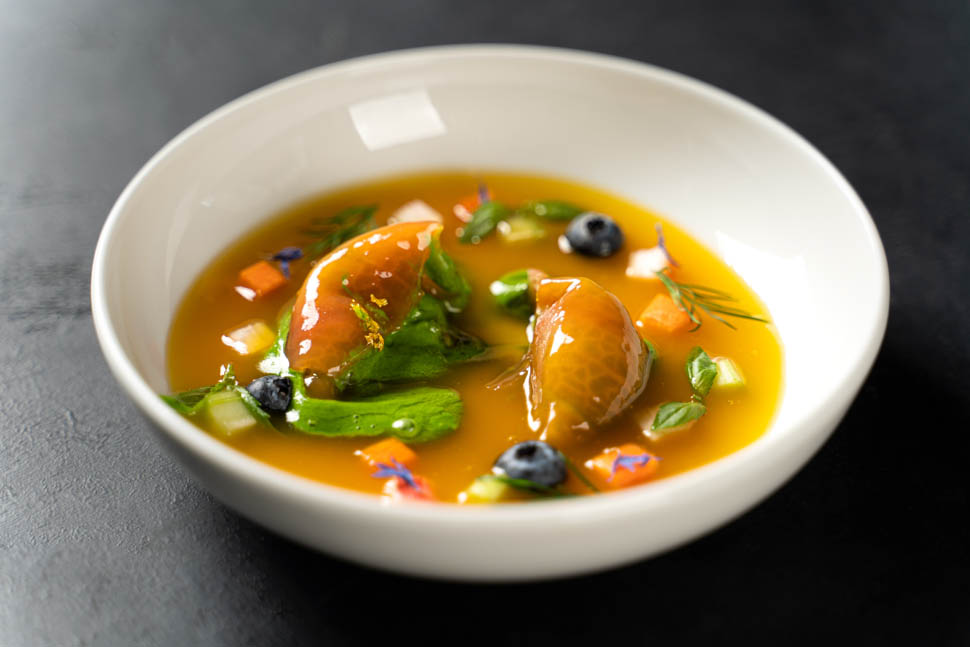
Additionally, there are some off-menu items inspired by ingredient availability, the chef's creativity, and the desire to experiment. This same spirit led Chef Leemann to introduce the "Piatto Quadro" option—a unique dish that changes daily, available only for lunch from Tuesday to Friday (as an alternative to the full evening proposal or the shorter menu with only three courses). It's a single course ideal for those seeking a quick break at an accessible cost (€30 for 4 savory elements, or €35 if a sweet course is added, including water and coffee). It's not only the result of the collaborative effort of the entire team (crafted by assembling the remaining ingredients from the preparation of "coded" dishes, from appetizer to dessert) but also a testing ground for experimenting with new dishes and submitting them to public judgment before considering their potential inclusion on the menu.
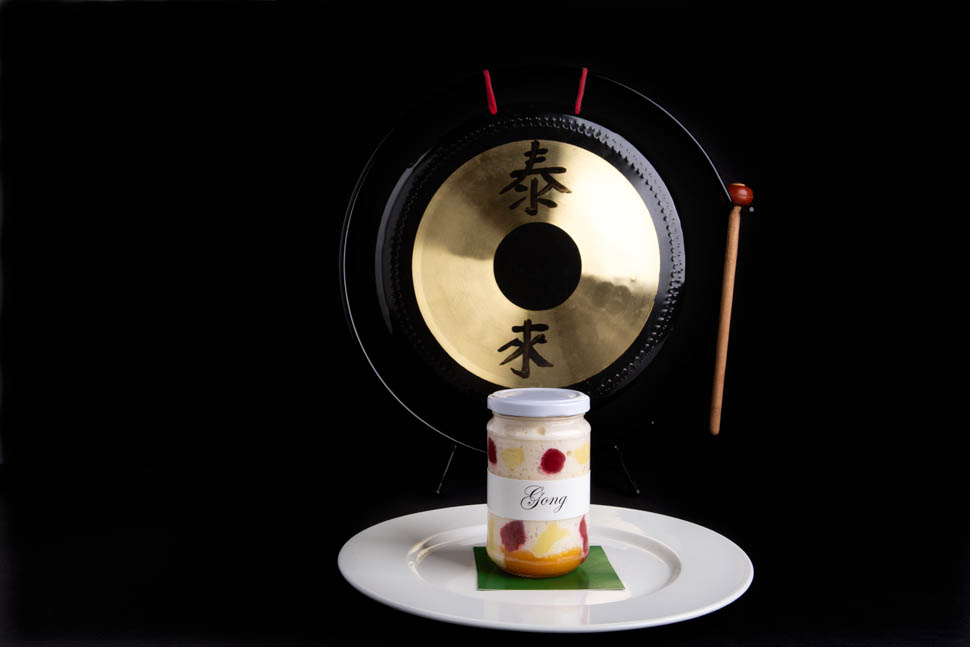
Pairing: diverse and tailored
Joia's culinary offering is complemented by a carefully selected beverage pairing, mirroring the same dedication applied to the choice of raw ingredients used in the dishes. In fact, the current wine cellar is the result of gradual growth over time, harmonizing with the evolution of a cuisine that has become increasingly refined, complex, versatile, and capable of complementing a wide array of wines. The selection of labels reflects the conviction of Director and Sommelier Antonio, that the perfect pairing is one that establishes a connection between wine, food, and the guest—satisfying their tastes and accompanying their thoughts. This is why understanding the characteristics of the culinary offering is essential (so that the sensory attributes of food and wine harmonize and enhance each other), as well as taking into account the customer's preferences—foregoing the sharp distinction between "right wine" and "wrong wine" in favor of a new pairing concept as the exploration of new and creative ideas (even to be experimented within a tasting format).
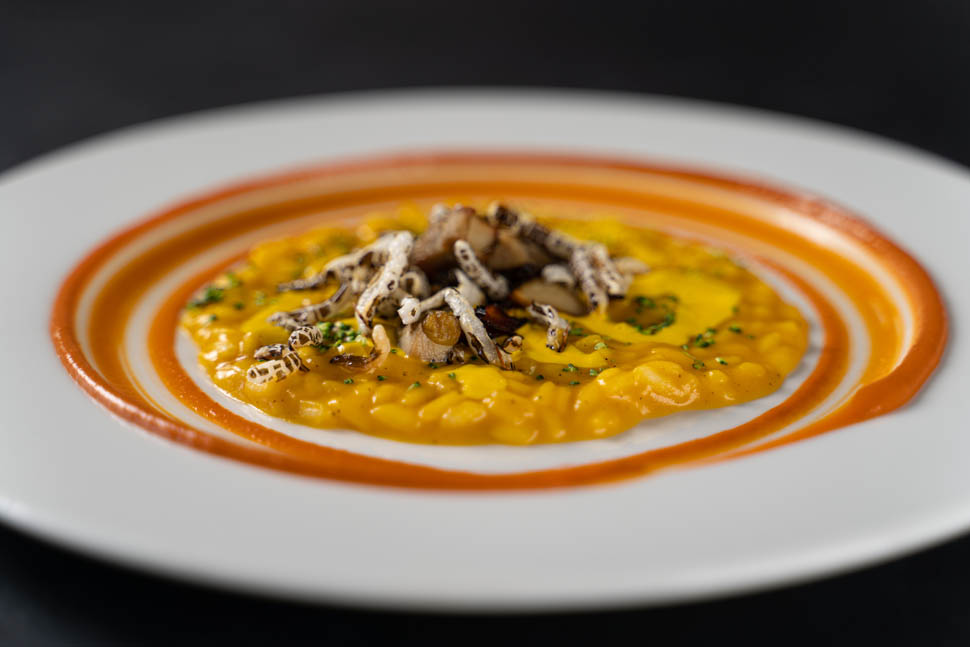
The cocktail offering includes two options (one with low alcohol content, the other alcohol-free), tied to seasonality and capable of expressing the natural qualities of the ingredients used in their composition. There's also Kombucha, apple cider, and other non-alcoholic fermentations, natural juices, and a selection of beers (unaltered in flavor by added aromas, sourced from microbreweries in Perugia, San Gimignano, and Bergamo), hot beverages (herbal teas, green teas, black teas, and aged oolongs), and coffee (espresso, filter, Turkish infusion, and moka). Everything is designed to accompany and enhance each course, as well as to emphasize the transition from one stage to another in a culinary journey conceived as a voyage of discovery, experimentation, enjoyment, and emotion, where each element (on the plate or in the glass) has its own significance and dignity.
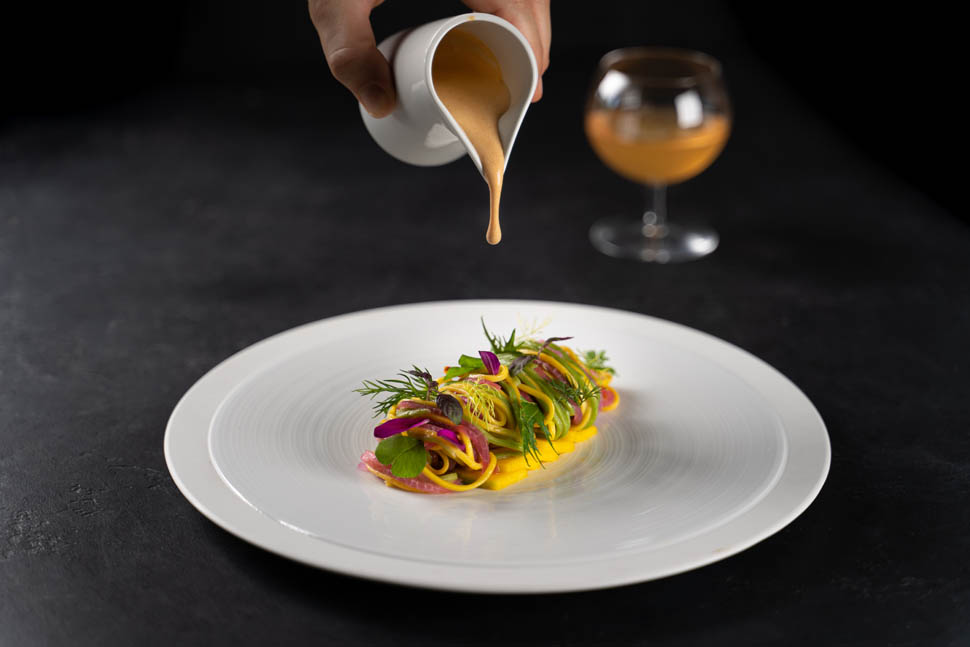
Cover photo by Lucio Elio
Address
Joia
Via Panfilo Castaldi, 18, 20124 Milano MI
Tel: 02 204 9244
